Awbury Arboretum hopes $300K grant leads to sustainable future in Northwest Philly
-

-

-
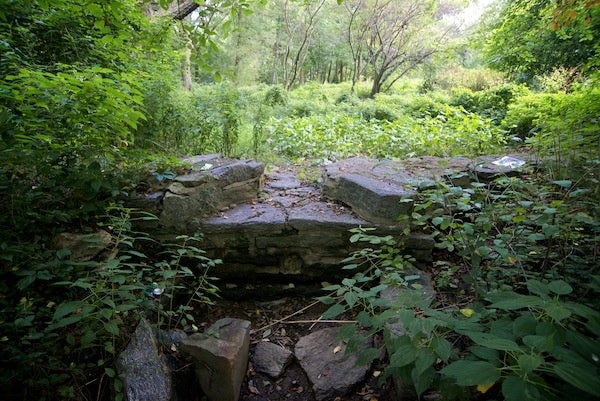
-

-
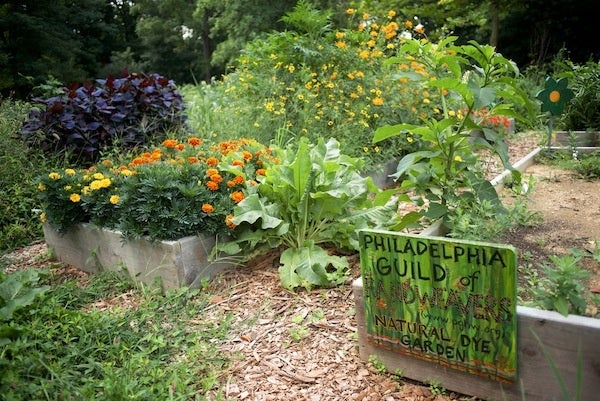
-

-
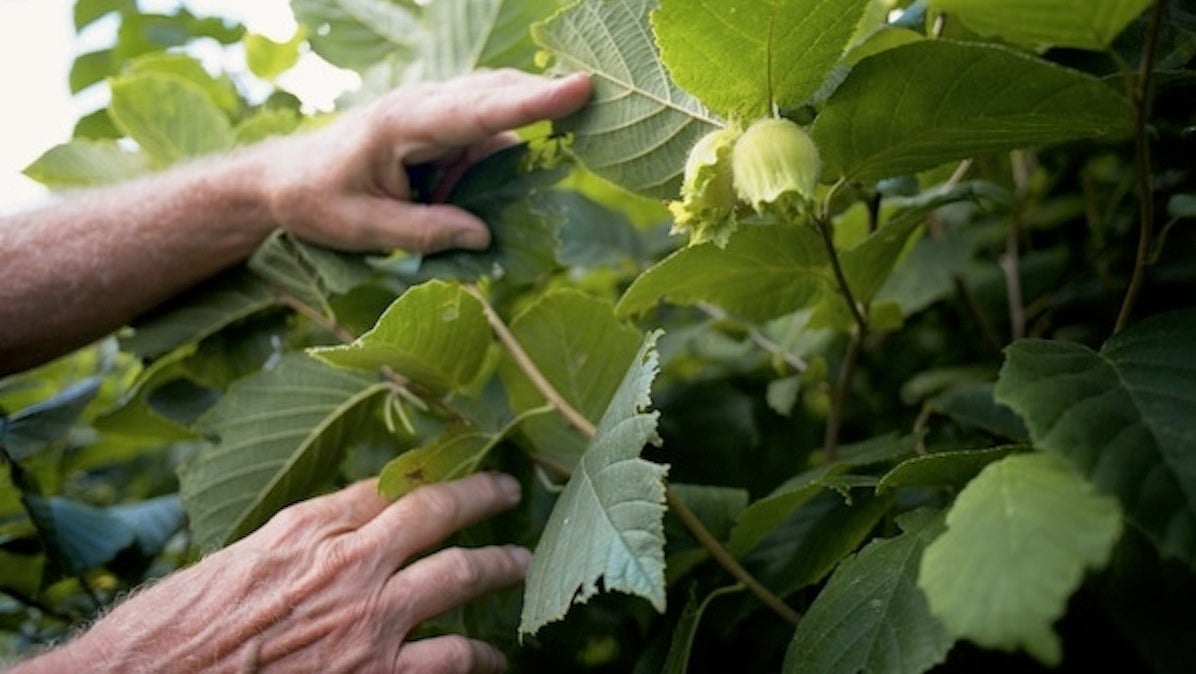
Head to Awbury Arboretum this weekend for the 'Sign' Language of the Outdoors program. (Bas Slabbers/for NewsWorks, file)
-
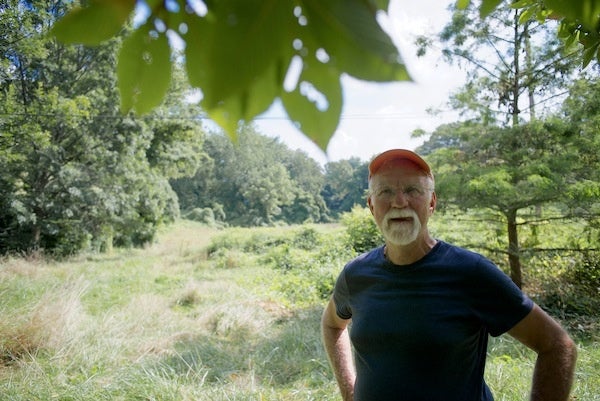
-

-

-

One of Northwest Philadelphia’s largest green resources, Awbury Arboretum, is about to begin an extended season of growth.
The 55-acre arborteum at Chew Street and Washington Lane in Germantown learned this month that it will receive a two-year, $300,000 grant from the William Penn Foundation, an unprecedented gift for the nonprofit public landscape.
“It’s intended to support Awbury becoming more sustainable,” said Mark Sellers, chairman of the Awbury board and a resident of the arboretum for 13 years. “We get zero funds from the city or state; that was not always the case.
“Like a lot of nonprofits, we are now having to rethink ourselves, and to review our business plans in the absence of money that had flowed from the state.”
New approach
Like many foundations, William Penn has been trying to help recipients of its funds to develop revenue streams that can keep them afloat without outside assistance.
“The purpose of this is to help us get into a position where we don’t need grants in the future,” Sellers said. “It’s to help us develop the arboretum in a way that we can stand on our own.”
There are already several sources of revenue at Awbury that it intends to expand.
Its primary service, Awbury Arboretum Landscapes, works off-site at the area’s historic cemeteries and cares for the grounds of the Lutheran Seminary and the Franklin Institute, among other locations.
“AAL is our for-profit branch raising revenue for the nonprofit,” explained Chris Carrington, the landscaping company director.
In September, AAL will also begin selling firewood, wood chips and leaf mulch for pickup or delivery.
“That’s our way of turning our waste stream into dollars,” Sellers said.
Attracting more visitors
The arboretum is hoping to attract more events to the grounds, including the handsome, mid-19th century Francis Cope House that serves as arboretum headquarters. The first floor was recently renovated and repainted in the original Victorian color scheme, said Sellers, adding, “This is a great place to get married!”
The Cope House more often welcomes students, and the education mission of Awbury is a vital component of its future.
“The folks at William Penn are really smart,” Sellers said. “They are always looking to have their investments pay off in multiple ways.
“They are a great supporter of the Wissahickon Charter School, which is going to open a campus at Chew and Washington Avenues next year. The school has an environmental mission, so here’s 55 acres of classroom. William Penn looked at this as a kind of synergistic investment.”
Developing partnerships
Awbury will develop a curriculum for its summer-education camp in concert with Wissahickon Charter as part of the grant obligations.
A modular structure donated by the now-closed Ivy Leaf School was relocated to the Awbury Agricultural Village and is expected to open within 60 days, offering culinary and other educational classes for both children and adults.
The William Penn funds also will support the arboretum staff — two full-time and three part-time employees — and its landscape, “which is just one of our obligations,” Sellers said.
How to tackle the landscape is the big challenge.
“Traditionally, Awbury has been a place where plans come to die,” Sellers said. But in 2012, a stewardship plan was developed that divided the 55 acres into 10 individual, manageable parts.
“A single vision for a place this big is impossible,” he said.
The stewardship plan includes proposals for the making the Chew Avenue Gateway more attractive and welcoming; restoring parts and replanting sections of the central landscape park; expanding the agricultural component; improving the “Secret Garden”; restoring the meadow areas; and removing debris and restoring the watercourse and pond.
Landscape duties
Managing the rolling landscape at Awbury is Denis Lucey, who approaches his job with respect and devotion to the site’s history and botanical heritage.
He is working to restore and enhance many of the original gardens and vistas created by the Cope family as their summer retreat in the 1850s and established as an arboretum in 1916.
Leading a tour of the arboretum while explaining his battles with invasive plants, Lucey points out the largest river birch in the country and a blooming Franklinea tree.
There are 3,000 trees, both native and exotic, to care for on the arboretum grounds, according to a GIS survey being completed last week by Temple University’s department of geography and urban studies.
Lucey also recognizes the need to develop new revenue sources, and he’s pushing for the sale of more ornamentals and flowers grown at the arboretum.
On the west side of Washington Lane, in the agricultural village, other organizations rent land for their own for-profit and nonprofit missions. They include Weaver’s Way, the Pennsylvania Horticultural Society, Philadelphia Orchard Project and the Philadelphia Guild of Handweavers, which has a planted a natural dye garden.
The agricultural village also contains a community garden of about 80 plots tended by 76 gardeners representing the city’s cultural and culinary history.
Recent immigrants from the Caribbean, for example, are growing sugar cane in the midst of urban Germantown.
In addition to operations and new revenue streams for the arboretum, the William Penn grant will support the board in the development of an endowment and consulting services for a capital campaign, Sellers said.
The planning process also will continue, Sellers said, and include meetings with the “near neighbors” and community members.
“We like to think of Awbury as the ‘People’s Arboretum,'” said Beth Miner, Awbury’s director of outreach.
NewsWorks has partnered with independent news gatherer PlanPhilly to provide regular, in-depth, timely coverage of planning, zoning and development news. Contact Alan Jaffe at ajaffe@planphilly.com.
Disclosure: WHYY receives funding from the William Penn Foundation.
WHYY is your source for fact-based, in-depth journalism and information. As a nonprofit organization, we rely on financial support from readers like you. Please give today.
Awbury Arboretum hopes $300K grant leads to sustainable future in Northwest Philly
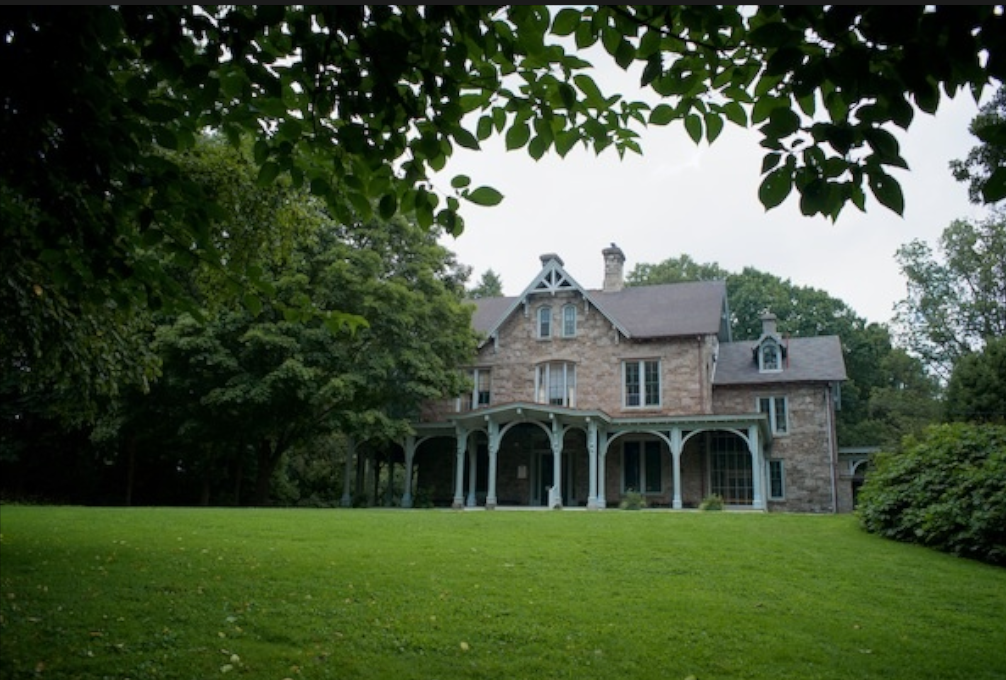
One of Northwest Philadelphia’s largest green resources, Awbury Arboretum, is about to begin an extended season of growth.
The 55-acre arborteum at Chew Street and Washington Lane in Germantown learned this month that it will receive a two-year, $300,000 grant from the William Penn Foundation, an unprecedented gift for the nonprofit public landscape.
“It’s intended to support Awbury becoming more sustainable,” said Mark Sellers, chairman of the Awbury board and a resident of the arboretum for 13 years. “We get zero funds from the city or state; that was not always the case.
“Like a lot of nonprofits, we are now having to rethink ourselves, and to review our business plans in the absence of money that had flowed from the state.”
New approach
Like many foundations, William Penn has been trying to help recipients of its funds to develop revenue streams that can keep them afloat without outside assistance.
“The purpose of this is to help us get into a position where we don’t need grants in the future,” Sellers said. “It’s to help us develop the arboretum in a way that we can stand on our own.”
There are already several sources of revenue at Awbury that it intends to expand.
Its primary service, Awbury Arboretum Landscapes, works off-site at the area’s historic cemeteries and cares for the grounds of the Lutheran Seminary and the Franklin Institute, among other locations.
“AAL is our for-profit branch raising revenue for the nonprofit,” explained Chris Carrington, the landscaping company director.
In September, AAL will also begin selling firewood, wood chips and leaf mulch for pickup or delivery.
“That’s our way of turning our waste stream into dollars,” Sellers said.
WHYY is your source for fact-based, in-depth journalism and information. As a nonprofit organization, we rely on financial support from readers like you. Please give today.





